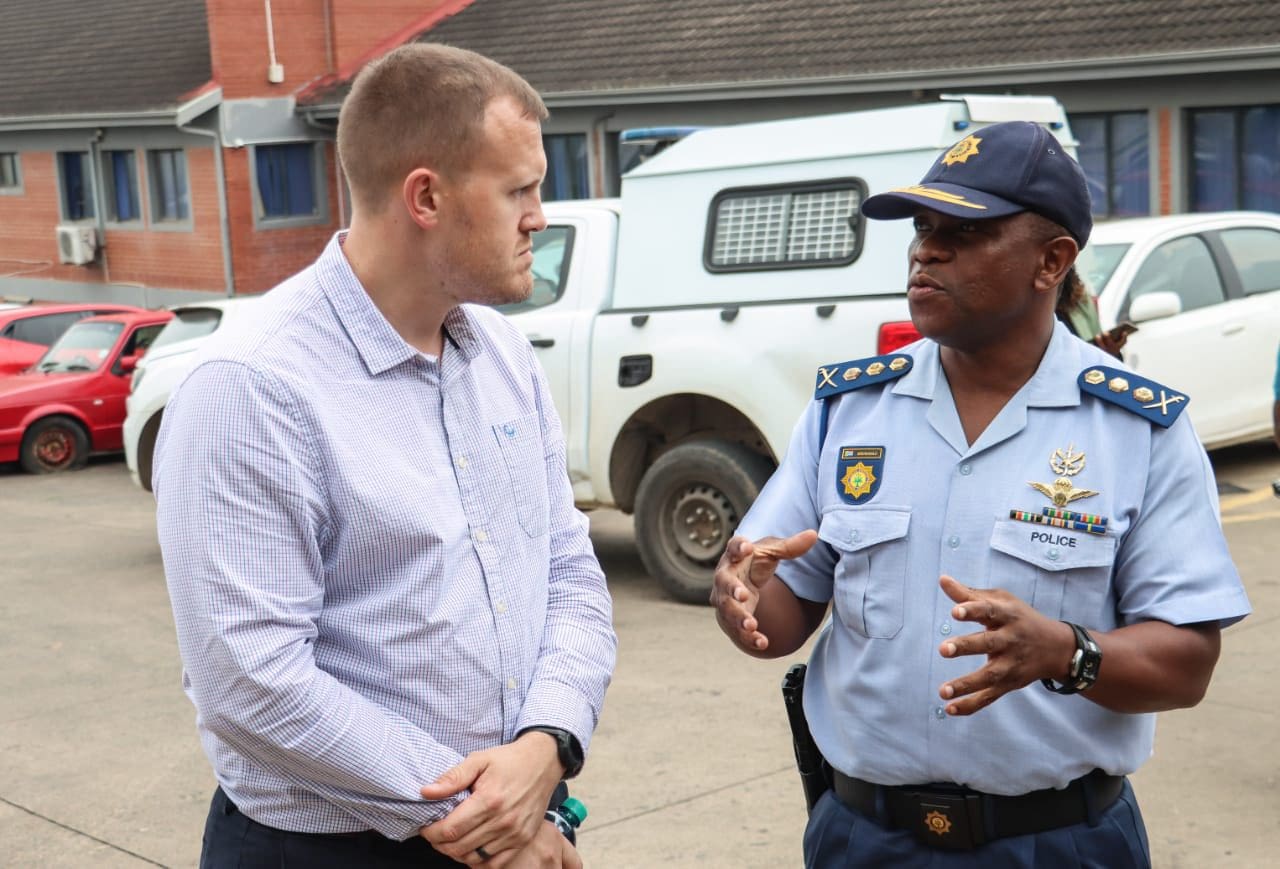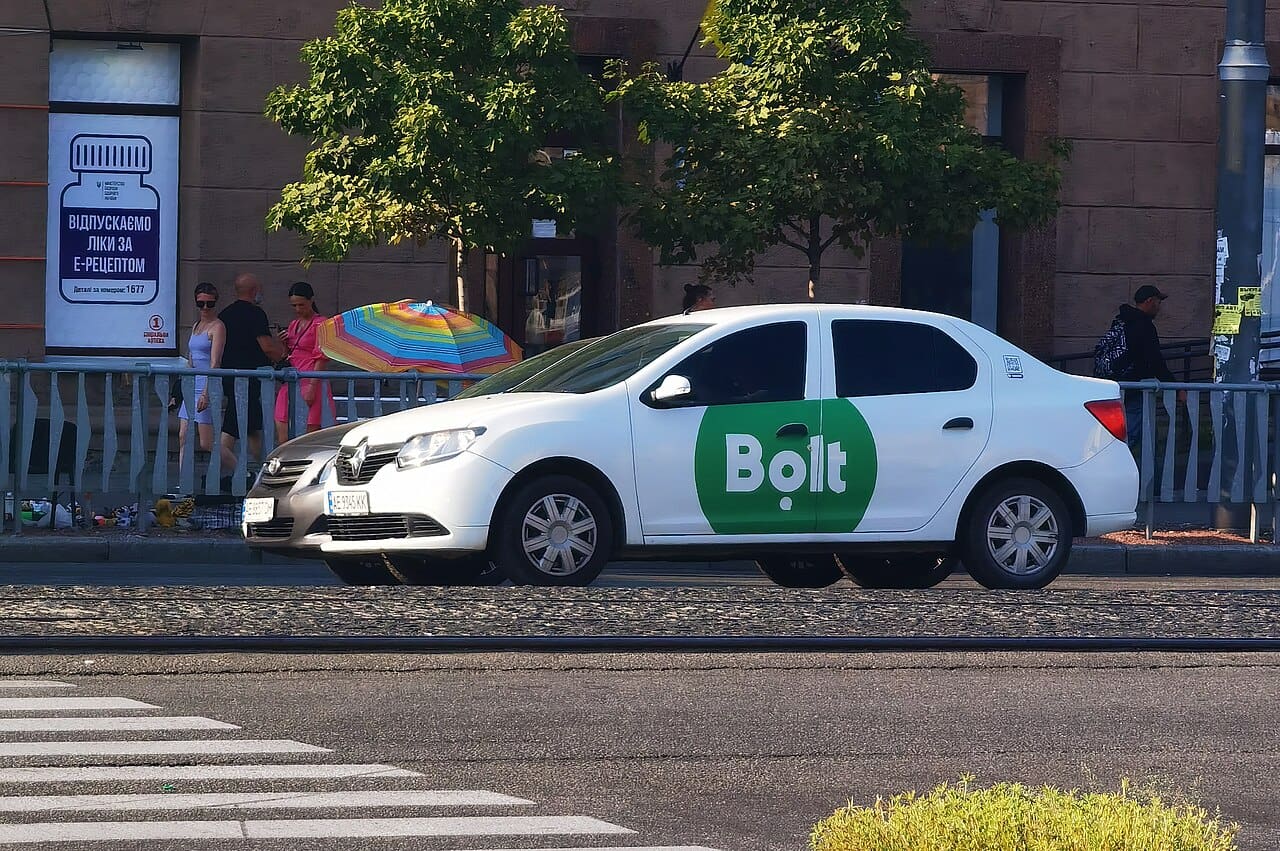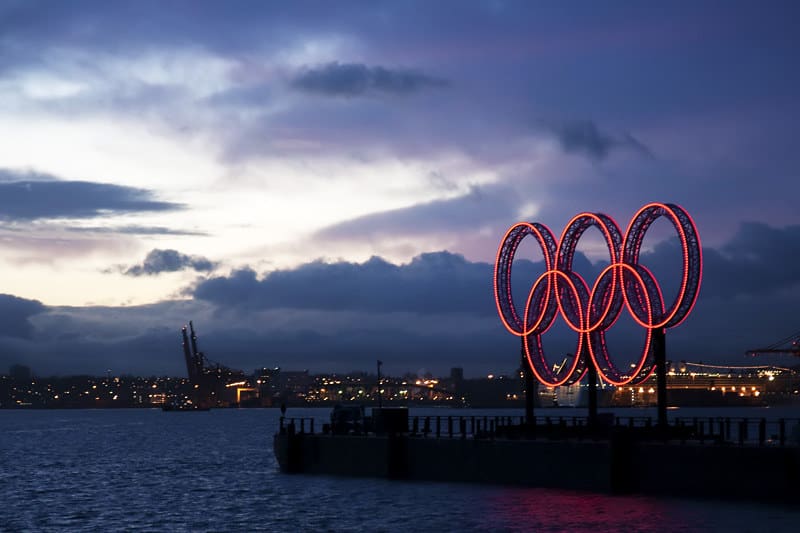General Nhlanhla Mkhwanazi is the hero we need.
That’s the prevailing sentiment on social media following the KZN top cop’s bombshell press conference on Sunday.
“We need to protect this man with all costs as South Africans,” read one popular post on X following Sunday’s briefing. “Right now the General Mkhwanazi is more important than the President himself,” read another.
Mkhwanazi news: Inside the media briefing on police corruption and Cat Matlala
Mkhwanazi alleged that corruption in the police ran all the way to the top – the police minister himself, Senzo Mchunu. He tied Mchunu to the notorious tender don, Vusimusi “Cat” Matlala, who allegedly fleeced the police service – and taxpayers – to the tune of R50m for dodgy health services. Oh, and Matlala is also accused of ordering a hit on his ex, plus paying off senior politicians like Mchunu to dissolve the special police unit that was closing in on him, according to texts Mkhwanazi allegedly uncovered. Charming.
Mkhwanazi has since laid a charge against Mchunu, who has denied the allegations.
Mkhwanazi’s offer to put his life on the line in defence of the country has captured the public imagination. And so, South Africans have found a new leader they feel they can put their trust in. And he made quite the impression in Sunday’s briefing, decked out in the military-esque camouflage uniform of the police’s Special Task Force, surrounded by officers bearing rifles.
He looked the very picture of the military leader that many Africans have said they’d like to see in power, should democratically elected leaders fail them. According to a recent Afrobarometer report, more than half of Africans (53% across 39 countries) are willing to accept a military takeover if elected leaders “abuse power for their own ends.” Indeed, as yet another popular post noted on X, “I can’t wait for South Africa to join the Sahel Alliance (Men in Uniform) who are passionate about protecting their citizens, Mkhwanazi for president. God pls protect this man,” referencing military coups in northern Africa and picturing Mkhwanazi alongside those military leaders.
Mkhwanazi latest news: strongman versus democracy
That should scare us, in a world where Big Men are trumping (pun intended) boring democracies, promising action. Understandably, South Africans are excited about someone like Mkhwanazi standing up to the politicians we have rightfully come to despise. But history teaches us that dictators, benevolent or not, are not the answer. The unglamorous work of strengthening our democracies leads to longer-lasting gains.
Mkhwanazi’s revelations shouldn’t lead us to focus on the man. We should look instead to the deeper message he’s conveying – and it’s a disturbing one. The allegations and bombshells he revealed on Sunday showed a fractured and deeply compromised police service.
Changing the person at the top, be it booting out Mchunu and putting Mkhwanazi in his place, won’t solve the deeper problems.
That’s why experts have long been calling for systemic reform, regardless of who’s in charge.
The Institute for Security Studies (ISS) has been banging the drum on this issue for years. Their report last year outlines five key reforms for the police: set a clear reform agenda, crack down on gun crime, fix investigations and specialist units, root out corruption, and modernise and coordinate policing. It’s all there — it just needs to be implemented.
From media hype to sustainable change
Too often in South Africa, we stick a plaster on serious problems. Hold a talk shop. Start another initiative. Change the person in charge.
What we really need to do is fix the very structures so that it doesn’t matter who is in charge at any given time. What matters is that the systems, processes and institutions in place have enough fail-safes, checks and balances to resist the tendency towards corruption and wrongdoing that lurks in so many human beings.
As the ISS’s Head of Justice and Violence Prevention, Gareth Newham, notes, a trustworthy and effective SAPS is possible. “South Africa has the skills, expertise and resources to make it happen.”
I remember attending the landmark release of “Secure in Comfort” over ten years ago. It was our then Public Protector, Thuli Madonsela’s, massively brave exposé of the illegal upgrades to then-President Jacob Zuma’s Nkandla residence. In a climate of State Capture and law-breaking, Madonsela not only exposed the corruption, she resisted the urge to personalise it. Zuma and his allies were baying for her blood by this point, and her very safety was at risk. But she made one thing clear. The report was not saying Zuma was the villain and pushing him out was the only solution. Rather, she asked, how do we protect our institutions going forward? It was an a-ha moment for me.
A better model
In our obsession with the cult of personality, we think it’s all about the person. Get the wrong one out. Put the right one in. But the fact is, we don’t need a saviour. We need better systems and accountability.
And there are models of how to fix broken institutions without turning to messianic figures.
Consider this recent news that flew under the radar. Chief Justice Mandisa Maya and President Cyril Ramaphosa took a massive step in the right direction recently by granting the judiciary operational independence from the executive branch of government. Before this, the judges in charge of holding our leaders to account were dependent on those same leaders for budgets and so on. You can see how something like that could be abused under the wrong leader. The judiciary has come under fire under more malign leaders – like Zuma. Now that things are better under Ramaphosa, the temptation would have been for the judiciary to coast. Instead, it used this opportunity to bolster its structures against future attacks. That’s how it’s done.
So, what does this mean for the SAPS? As the ISS notes, it’s about going back to the basics.
It’s all there; it just needs to be implemented. Mkhwanazi has sparked something important. But real change won’t come from a single man — it will come from fixing the system so that no one man has to save it.
Verashni is passionate about empowering citizens to hold those in power to account. She was previously editor-in-chief of the Mail & Guardian and HuffPost South Africa, and won the CNN African Journalism Award, among others.




